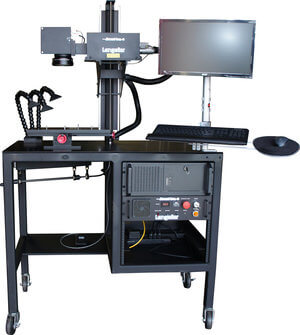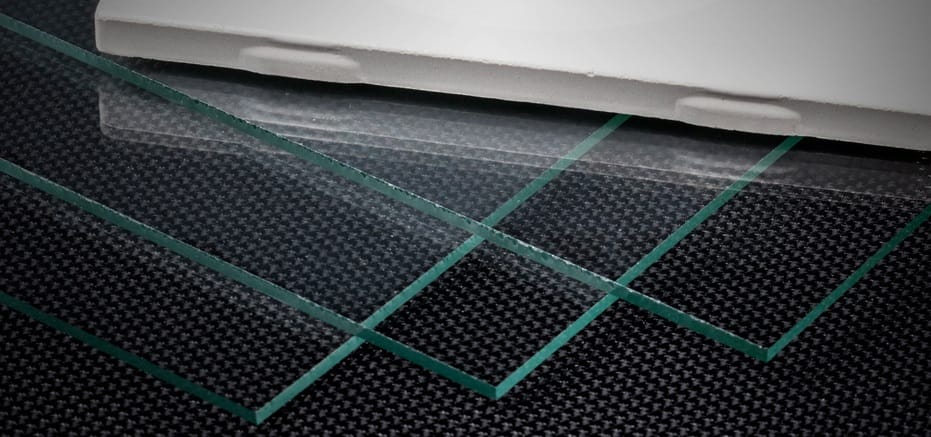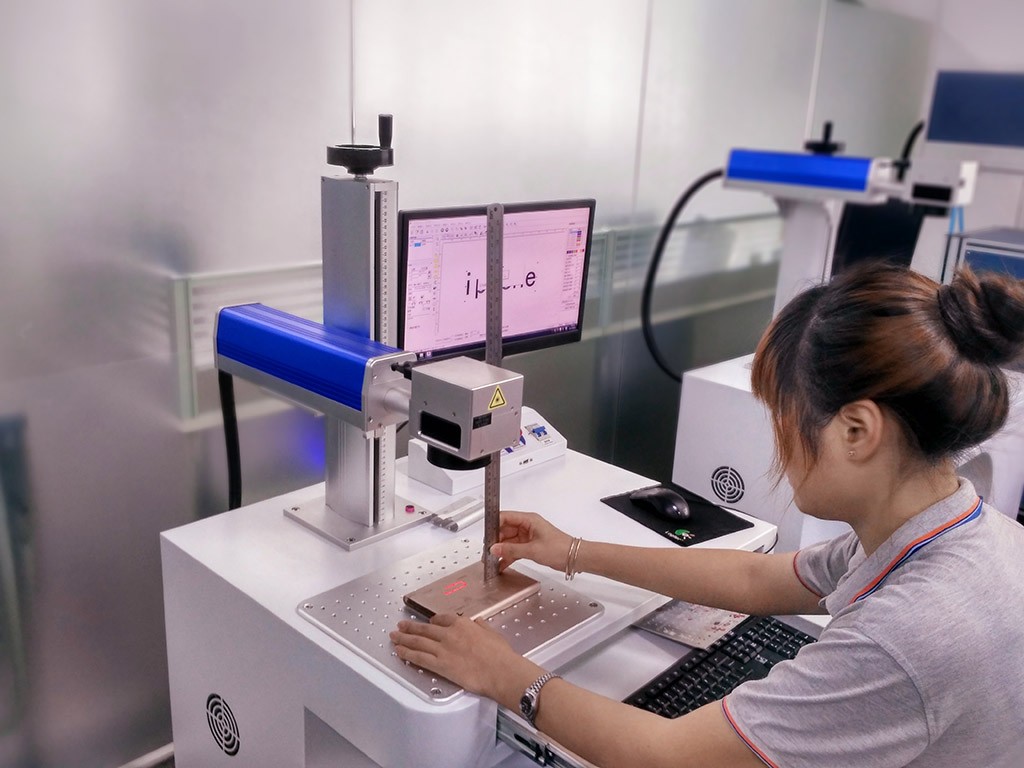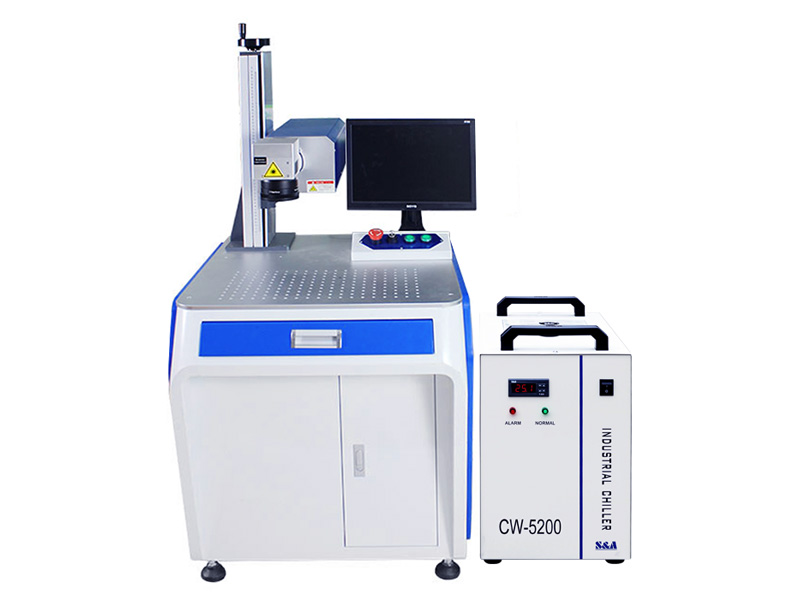Laser processing of ceramics is typically performed using a 10 6 or 9 3 micron co 2 laser with some ceramics also absorbing a 1 06 micron fiber laser wavelength.
Fiber laser marking ceramic materials.
Fiberglass carbon fiber fiber based materials like fiberglass can be marked with limitations.
Typically we use 1064 nm fiber lasers for marking parts via melting.
The following industrial lasers to profile drill scribe and imprint a range of business data including brand names logos graphics and 2d codes.
Lens a small spot size lens less than 0 005 or 125 microns is the best for laser engraving and laser marking glass and ceramic materials.
At least 40 watts of fiber laser power is recommend for laser marking certain ceramic materials like aluminum silicate.
The ccd vision system high accuracy x y moving table helps.
Melting causes the material to darken creating a color contrast without fully ablating the surface.
The laser s energy heats up the ceramic material melting the surface and causing a direct color change.
Laser marking is used on ceramic products for identification and traceability.
Because they are composed of individual fibers the structural integrity can be damaged by the laser resulting in a blurry marking which cannot be scanned.
Heatsign has perfected the art of ceramic marking using the most advanced laser marking technologies.










